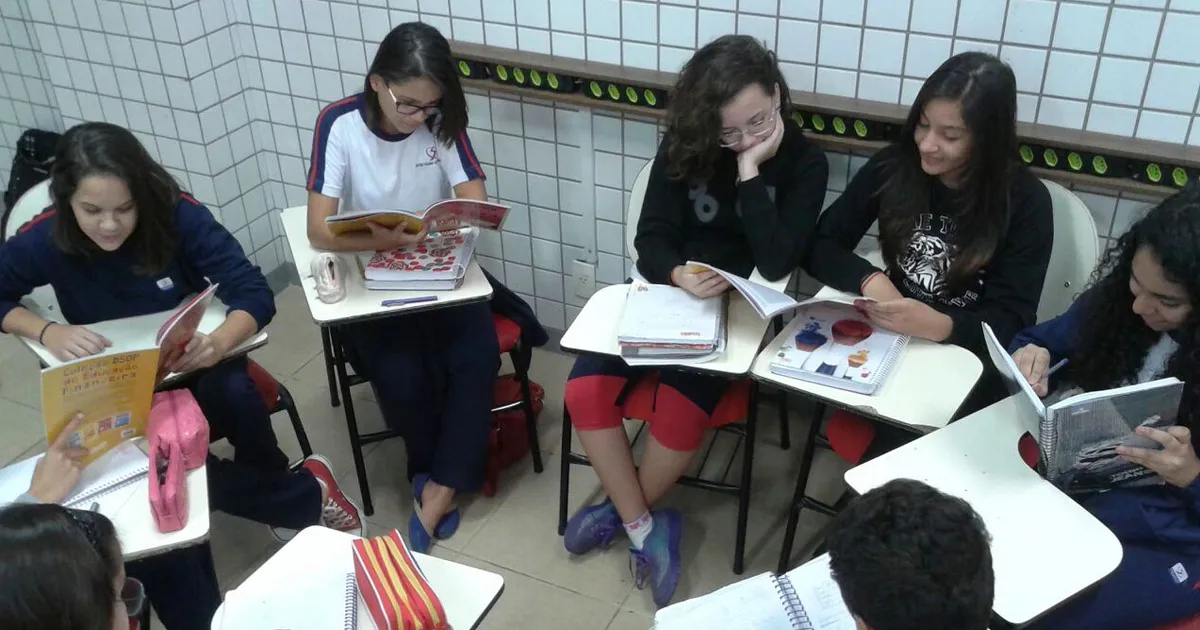
According to the National Confederation of Trade in Goods, Services and Tourism (CNC), about 77.9% of Brazilians went into debt in 2023. The group of people who make up these subjects is formed, in most cases, by individuals between 26 and 40 years. The average amount of debt is around R$4,493.90 and, most of the time, it is associated with inflation and high interest rates.
The lack of knowledge about financial issues is one of the highlights that tends to make a large portion of Brazilians get into debt faster. Thus, providing the study of financial education in basic schools can be a good way to reduce the current scenario. Professor Naércio Aquino Menezes-Filho, from the Faculty of Economics, Administration, Accounting and Actuarial Science (FEA) at the University of São Paulo, explains that, despite not being the main reason for debt, the lack of basic education on the subject can be harmful to the most vulnerable people.
Brazilian scenario
Currently, financial studies are not applied as a compulsory subject in national schools. “It starts as a special subject in some schools, so I think that students end up having a lot of difficulty when they finish high school to understand and apply the concepts of financial education in their daily lives”, explains the professor.
Despite the absence of teaching, economic concepts are constantly used in people’s daily lives, and this factor, according to Menezes-Filho, reveals the importance of the theme. He also adds that Brazilians find it difficult to pay bills, calculate interest embedded in transactions and make financial investments that offer a practical return. Thus, it would be interesting to add, within existing disciplines, such as mathematics and economic geography, basic financial concepts.
In addition, it is noted that the discipline could help reduce national inequality — which has always been latent and showed significant growth after the covid-19 pandemic. “There are more important factors to explain inequality, such as lack of access to higher education, race and gender issues and others, but financial education does have an impact. Sometimes, the most vulnerable people pay much higher interest rates than individuals with more knowledge”, adds the expert.
There are some subjects that would be more relevant to the common population, therefore, they should be prioritized within national schools, such as the calculation of simple and compound interest and the illustration of financial investments. It is also important to consider that just including these studies in the basic curriculum does not guarantee that this knowledge will be taken to students, since the absence of public management, teachers and students’ lack of interest are part of the daily life of public education systems.
Solutions
The professor comments that a management reform in the Brazilian education system to improve learning in the country is necessary. In addition, other public policies can be used in the search for a solution to the issue, such as existing courses on the market offered by entities such as Sebrae, NGOs and the third sector. “It would be important to have a proliferation of these courses focused on day-to-day issues, especially for the poorest families who, often, have not even completed basic education, but who would benefit from these studies”, concludes Menezes Filho.
